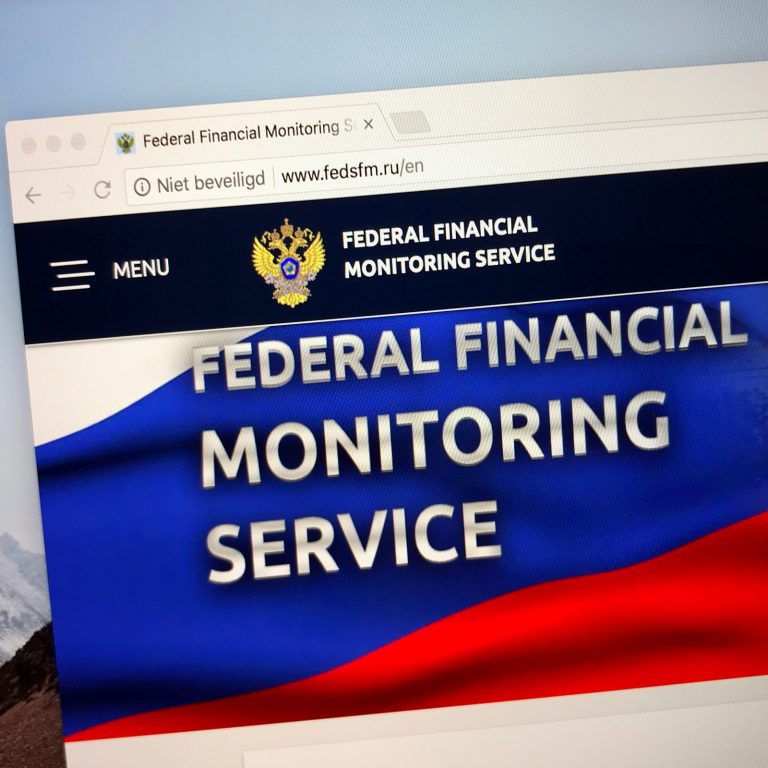2019-6-28 02:05 |
The Financial Action Task Force (FATF) has issued a shot across the bow of the cryptocurrency industry, with interpretative notes and clarifications for virtual asset service providers (VASPs).
The move comes a month after the task force warned in February that updates to its recommendations would be coming as early as this month. After a brief period open for public feedback, the group has released its new notes and clarifications.
They are as bad as many had feared.
The draconian measures, ostensibly designed to ensure compliance with AML (anti-money laundering) and CFT (combatting the financing of terrorism) regulations, create serious threats to the operability of crypto exchanges and other digital asset service providers.
Fiat currencies, of course, cannot be used for illegal purposes.
FATF: We Are Authorized To Use (Task) ForceThe task force’s new interpretations and clarifications, released June 19, place substantial reporting burdens on the movement of digital assets. Notably, the provisions require digital currency operators to:
“… obtain and hold required and accurate originator [sender] information and required beneficiary [recipient] information and submit the information to beneficiary institutions … if any. Further, countries should ensure that beneficiary institutions … obtain and hold required (not necessarily accurate) originator information and required and accurate beneficiary information …”
– Financial Action Task Force, Guidance For a Risk-Based Approach to Virtual Assets and Virtual Asset Service Providers
Exchanges are required to be licensed or registered, implement customer due diligence, and ensure accurate record keeping and report suspicious transactions.
Great Expectations, Blunt Instruments, And Ill-Fitting GlovesThe FATF is an intergovernmental organization formed in 1989 to combat money-laundering and creates guidelines on behalf of its 37 member countries. States that fail to comply with FATF recommendations can be placed on grey or blacklists, and suffer a backlash in the form of financial sanctions.
The power of the organization cannot be underestimated. The threat of being greylisted caused Pakistan to legalize cryptocurrencies last April. The latest clarifications are a burden that many exchanges will find difficult to implement and that fly in the face of cryptocurrency transaction mechanics entirely.
Essentially, any crypto transaction will need to carry the name, address, and account details of the sender and the name and account details of the recipient. While legacy banking transactions include such information as part of their data structures, the same is not true of transfers of digital assets.
As Exchanges Scurry To Get Ahead of Regulations, Regulators Shift GoalpostsLast April, the New York Attorney-General’s office issued a demand for details of business operations of 13 U.S.-based cryptocurrency exchanges. Most complied, much to the ire of their customers. Kraken refused the request, with CEO Jesse Powell explaining:
Somebody has to say what everybody's actually thinking about the NYAG's inquiry. The placative kowtowing toward this kind of abuse sends the message that it's ok. It's not ok. It's insulting. https://t.co/sta9VuXPK1 pic.twitter.com/4Jg66bia1I
— Jesse Powell (@jespow) April 18, 2018
The new guidance from the FATF would be excessively burdensome on most exchanges, even if they wanted to be in compliance. Requiring VASPs to furnish the information the FATF has recommended has been slammed by Chainalysis in an open letter to the task force:
“Forcing onerous investment and friction onto regulated VASPs, who are critical allies to law enforcement, could reduce their prevalence, drive activity to decentralized and peer-to-peer exchanges, and lead to further de-risking by financial institutions. Such measures would decrease the transparency that is currently available to law enforcement.”
– Chainalysis COO Jonathan Levin and global head of policy Jesse Spiro
Those warnings have fallen on deaf ears, however, with the U.S. Department of the Treasury stating firmly that the recommendations:
“… will enable the emerging FinTech sector to stay one-step ahead of rogue regimes and sympathizers of illicit causes searching for avenues to raise and transfer funds without detection.”
– Secretary Steven T. Mnuchin FATF Plenary Session Orlando, Florida
When Will Power Brokers Learn The Lessons of History?Rules can be engineered. Prohibition led to a burgeoning black market in alcohol. The war on drugs has caused irreparable harm to the fabric of American society by forcing the trade underground – and it was ultimately lost.
Imposing excessive regulatory burdens on businesses and their customers only encourages a movement underground, where nefarious actors are even more difficult to track. The FATF has stepped over the line with these recommendations, and we can only hope that common sense eventually prevails.
The post FATF Issues Draconian Crypto Recommendations: You Now Have 12 Months To Comply appeared first on Crypto Briefing.
origin »Bitcoin price in Telegram @btc_price_every_hour
FORCE (FOR) íà Currencies.ru
|
|








